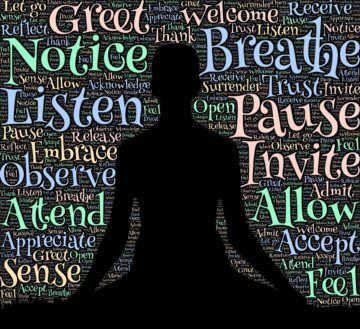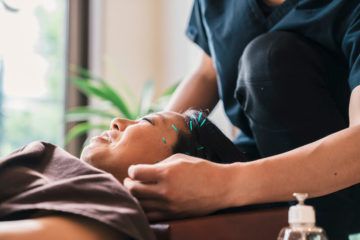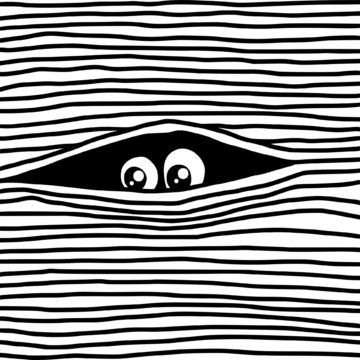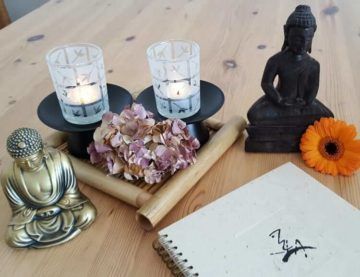
Sleep: Are we there yet?
According to the American Sleep Association (ASA), 50-70 million adults experience various sleep disorders, with insomnia being reported as the most common sleep-related challenge. The Mayo Clinic website states that “Insomnia is a common sleep disorder that can make it hard to fall asleep, hard to stay asleep, or cause you to wake up too early and not be able to get back to sleep. You may still feel tired when you wake up. Insomnia can zap not only your energy level and mood but also your health, work performance and quality of life.” The ASA reports that roughly 35-40% of American adults report being sleep deprived. Picture it: one out of three of us is walking around experiencing adverse health effects and decreased quality of life due to our sleep patterns on a daily basis. That’s a pretty sobering statistic.
Insomnia can be further defined as acute (short-lived) or chronic (lasting longer than three or so months). It is characterized as “Primary Insomnia” if it is sort of random, with no known underlying cause. It is called “Secondary Insomnia” if it is related to chronic pain or any number of medical conditions. This chronic pain is often why insomnia and the corresponding chronic fatigue often go hand in hand with many auto-immune disorders such as Rheumatoid Arthritis,, Fibromyalgia or Hashimoto’s Syndrome. A consistent lack of sleep, in spite of feeling chronically tired, can be a huge source of stress and frustration, causing any number of secondary challenges in day-to-day life.
One of the most important things to remember about insomnia is that symptoms can typically be significantly reduced through simple changes in lifestyle. Ask yourself what you can do to reduce the level of stress in your life. Do you need to ask for help in your personal or professional life? Are you trying to “do it all” and sacrificing your health because of poor eating habits and shortened hours designated to sleep? What is your sleep hygiene like? Are you going to sleep with your cell phone in your hand and looking at it every time you wake up? Before considering medication (because that does not treat the root of this particular concern), ask yourself if you are willing to make the necessary changes to have deeper, more consistent patterns of sleep. Let’s look at how acupuncture can support sleep without the harmful and often addictive medications typically used to address sleep disorders.
In Chinese Medicine, each type of insomnia points to a different imbalance in the flow of energy in a person’s body. Like all other symptoms, each instance of insomnia is as unique as the person experiencing it, and so every treatment must be individualized to get to the root of the particular imbalance causing the disturbance in sleep. Modern research indicates that acupuncture can create a notable effect on the nervous system, digestive system, cardiovascular system, endocrine system, and immune system. Acupuncture can help to release chemicals such as serotonin, helping to decrease feelings of anxiety and depression. It strengthens the immune system in part by reducing the inflammatory response and affects the pain inhibition mechanism in the central nervous system, thus potentially decreasing levels of pain that may be affecting sleep. It naturally calms the peripheral and central nervous systems in general, leading to increased feelings of calm and relaxation, reducing muscle tension and slowing a racing mind.
When discussing the benefits of acupuncture for specific concerns such as fibromyalgia, while clinical trials have been mixed, it is generally accepted that acupuncture can help reduce symptoms by lowering pain levels, enhancing sleep and relaxation, and by improving overall mood and immune function. A 2006 Random Clinical Trial at the Mayo Clinic stated that they “…found that acupuncture significantly improved symptoms of fibromyalgia…most significant for fatigue and anxiety” (Martin, et al, 2006).
From a Chinese Medicine perspective, acupuncture can help to reduce fatigue, reduce anxiety, improve sleep, digestion and circulation, and uplift mood while decreasing pain through the stimulation of serotonin and other chemicals. Technically speaking, acupuncture can help to remove blocks in the flow of energy by reinforcing the Kidney energy, clearing dampness, stimulating Stomach and Spleen energy and clearing residual factors that may be negatively impacting one’s wellbeing. Click here for a really great article that delves in to how acupuncture can support someone experiencing Chronic Fatigue Syndrome overall.
There are a lot of words in this article, but the bottom line is that you are not alone if you are experiencing insomnia or feelings of chronic fatigue. There are myriad reasons as to why you are experiencing this, but the good news is that much of this can be addressed through simple lifestyle changes. Acupuncture, herbs, homeopathy and dietary changes are profoundly effective in addressing symptoms of anxiety and stress, including but not limited to sleeplessness and daily lethargy. Remember that one of the best ways of dealing with the symptoms of chronic stress is to slow down, take a deep breath and ask for help. It’s time to get the support you deserve.











